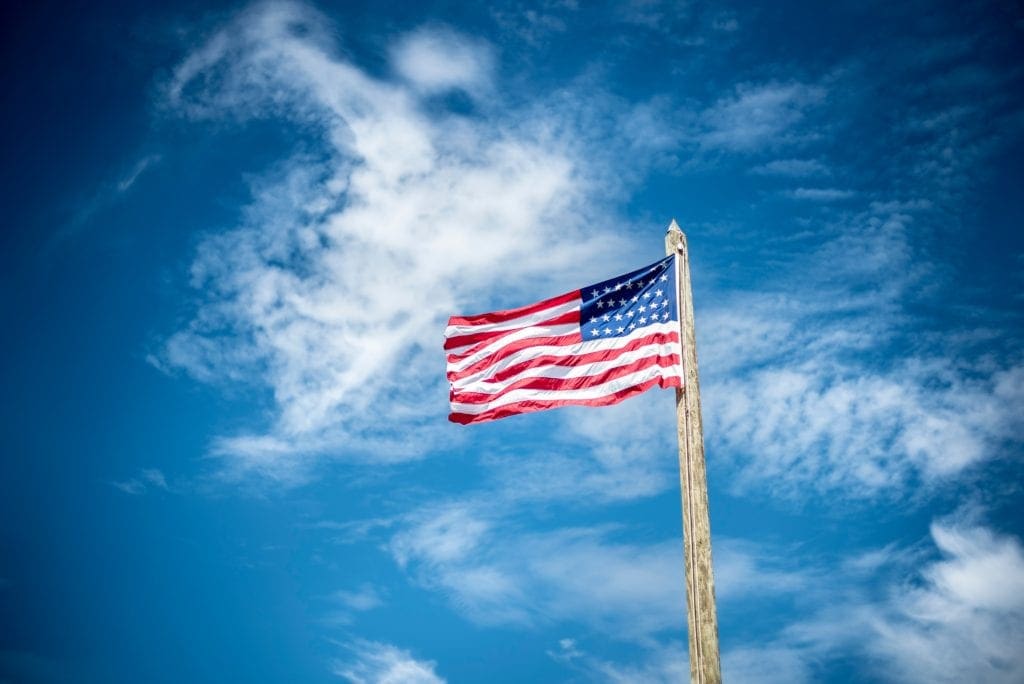The Trump era has witnessed a shakeup not just in electoral politics, but also in commonly held assumptions concerning foreign policy. One assumption that stands out, in particular, is America’s role within the North Atlantic Treaty Organization (NATO).

NATO’s formation in 1949 was spurred by the United States, the United Kingdom, and France. These world powers partnered with other European nations as a means of providing a collective defense against the imminent threat of the Soviet Union.
Kevin Barron, the editor of online news site Defense One notes that there is a crisis of confidence within NATO. The factors are numerous. Some believe that the leaders of certain member countries such as the United States and Turkey are warming up to Russia. However, a bigger concern may be NATO members’ reluctance to support the U.S. in future military endeavors. French President Emmanuel Macron was at the center of headlines last year when he described NATO as “brain dead,” casting further doubt about the organization’s usefulness in the 21st century.
From the looks of it, the organization has outlived its purpose. From the American point of view, it’s clear that the country is shouldering the overwhelming portion of the burden. According to the British research institute the International Institute for Strategic Studies, America’s defense spending in 2018 stood at $602.8 billion, which is the equivalent of 70.1 percent of total spending by all NATO member states.
As far as direct contributions to NATO are concerned, the U.S. pitched in $685 million, constituting 22.1 percent of NATO’s common funding in 2018. President Trump was right to demand that NATO members start pitching in more for defense purposes. This yielded a tangible result after NATO members came to an agreement to increase their defense spending. Now, the U.S. is only contributing 16 percent to the common fund.
In an ideal scenario, the U.S. would leave NATO altogether. The Founding Fathers were quite explicit about avoiding entangling alliances and exercising military restraint abroad. The very nature of these arrangements can get the U.S. involved in nonstop wars that are not beneficial to national interests.
We no longer have the Soviet Union as a major threat, and Russia may not be the “Big Bad” that many foreign policy experts and media commentators make it out to be these days. Although much progress is yet to be made on foreign policy, Trump has at least changed the discussion in Washington.
He did run on an “America First” platform that questioned the wisdom of nation-building projects in Iraq and Afghanistan. Trump also challenged America’s role in NATO, believing that the nation paid too much while other countries were not pulling their weight.
At the very least, we’re seeing discussions about foreign policy in terms of national interest rather than vague ideological justifications, such as “human rights” or making the world “safe for democracy.” The question is, will Trump break the mold and get the U.S. out of NATO?
Only time will tell.




















